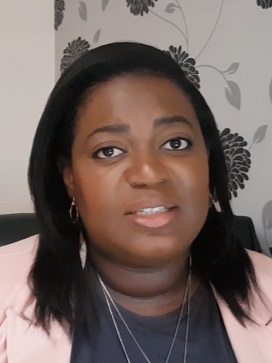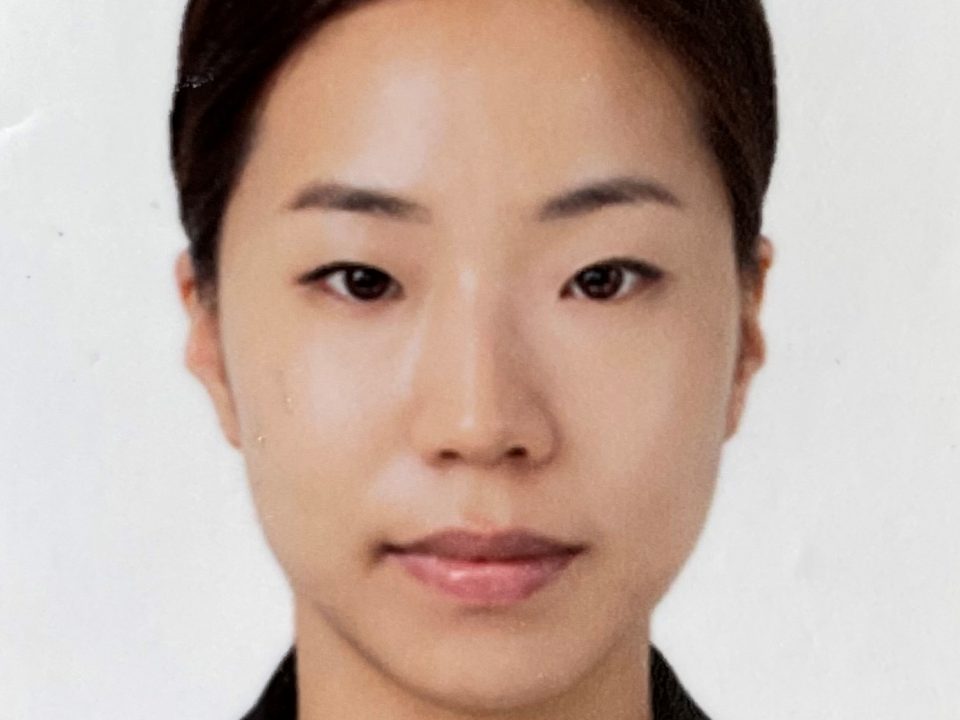Mary W. Gani [Barrister and Solicitor of the Supreme Court of Nigeria]: Re-thinking Copyright Reversion for Nigerian Popular Music in an Evolving Digital Culture

Abstract
Afrobeats, which is the catch-all term for popular music from Nigeria and much of West Africa, has enjoyed increasing global attention in the 21st century. Vibrant markets for mobile phone technology and increasing ease in access to the internet have resulted in a gradual shift from the traditional business structures that underpin the production of popular music. Accordingly, many artists are now able to produce their music independently and leverage their social media platforms for distribution and publicity. Traditional production structures typically feature copyright exploitation contracts between performing artists and record labels, and sometimes feature third- party contracts with marketers and managers. Interestingly, the framework of the Nigerian Copyright Act supports this model, as do copyright laws in many common law systems around the world. Empirical evidence, however, suggests that such traditional structures have stunted the careers of some performing artists, and have resulted in an industry that distributes only about a fifth of its creative potential. This paper will consider the practicality of re-introducing copyright reversion rules to correct the status-quo. Judging by the fact that such traditional relationships are not likely to disappear completely, the re-introduction of copyright reversion may serve as a useful tool to protect creative activity and foster a vibrant industry in a digital world.
About the Speaker
Mary W. Gani is barrister and solicitor of the Supreme Court of Nigeria as well as author of these recent publications: Creative Autonomy, Copyright and Popular Music in Nigeria (Palgrave Macmillan, 2020); 21st Century Black British Music [editor] (upcoming, Liverpool University Press, 2021); “Negotiating Like a Diva: Preserving Creative Autonomy in the Music Industry” (2019) 3 Wolverhampton Law Journal, pp. 37–47; “Copyright Theory and a Justificatory Framework for Creative Autonomy in Cultural Industries” (2016) 6 (2), Queen Mary Journal of Intellectual Property, pp. 154–174.


